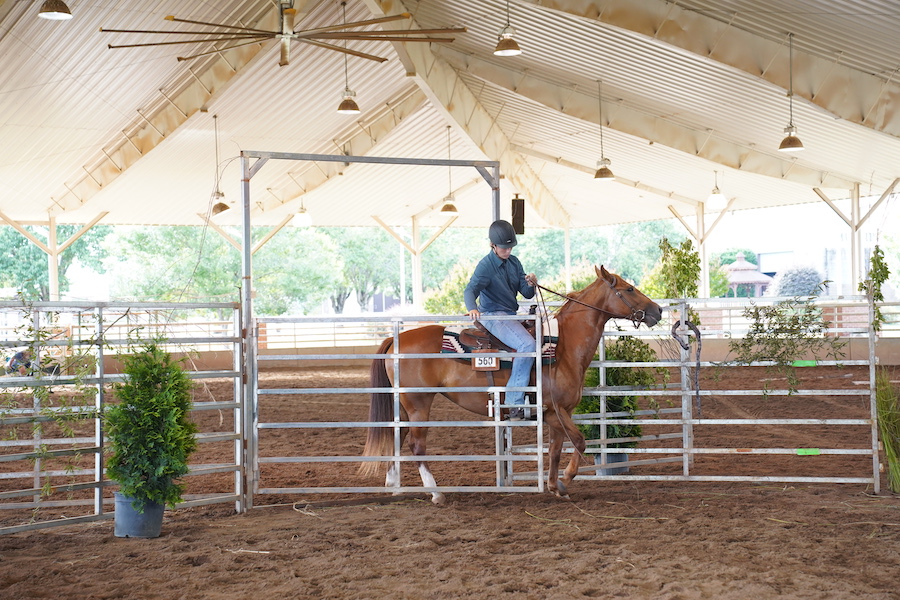
National Play Outside Day happens a dozen times a year — it's that important. The next occurrence is August 7, and as the summer season winds down, it's a good time to make a habit of active play as a family.
Playing on school grounds was once a daily part of kids' lives, but recess isn’t a guaranteed part of the school day anymore, and parents must make a concerted effort to add physical activity into their child’s day, says Diane Bales, a University of Georgia Cooperative Extension human development specialist.
“Children used to walk to school, have recess daily and play outside every day. Today, opportunities for physical activity have become more limited,” Bales said. “Many children spend large amounts of time watching television or playing video games rather than engaging in active play.”
Preschool children today spend an average of two hours per day in front of a screen. Children getting less physical activity is linked to a dramatic rise in the rate of childhood obesity, Bales said.
Being active benefits children by strengthening bones and muscles, lowering body fat, reducing the risk of being overweight or become diabetic, and lowering blood pressure and cholesterol.
Physical activity also benefits children and adults by improving self-esteem, lowering rates of depression, creating higher-quality sleep and a more positive overall attitude toward life.
“For all of these reasons, it is important to limit the amount of time your child is inactive and plan plenty of time for active play,” she said. “Many children enjoy being active, but some may need more encouragement.”
Bales recommends parents suggest and engage in active games with their children. For example, play hide and seek, take your child to the playground, or create a game of hopscotch.
Here are some tips from UGA Extension to help motivate your child to be more active.
- Incorporate activity into your family’s daily routines. Take the stairs instead of the elevator and walk instead of driving when possible.
- Become a positive role model by having an active lifestyle. Set an example for your child by being physically active yourself.
- Establish a regular schedule for physical activity. Incorporate physical activity as a part of your family's lifestyle and give your child regular opportunities for active play.
- Encourage age-appropriate activities. Help your child build skills by playing simple games like throwing a ball, playing tag, riding bikes or playing freeze dance.
“Make being physically active fun. When your child enjoys an activity, he or she will want to do it more,” Bales said. “Adults often think of physical activity as exercising at the gym or lifting weights. Children like active play, such as riding bikes or playing games outside. It is important to find enjoyable ways for your family to stay active together."
To learn more about UGA Extension resources on infant, child and teen development, visit extension.uga.edu.




.png)

.jpeg)